It’s located between Peacehaven Campsite and Cradle Rock Genting Highlands, along Jalan Utama Genting Highlands
Japan to Raise Departure and Visa Fees for Tourists: What to Know
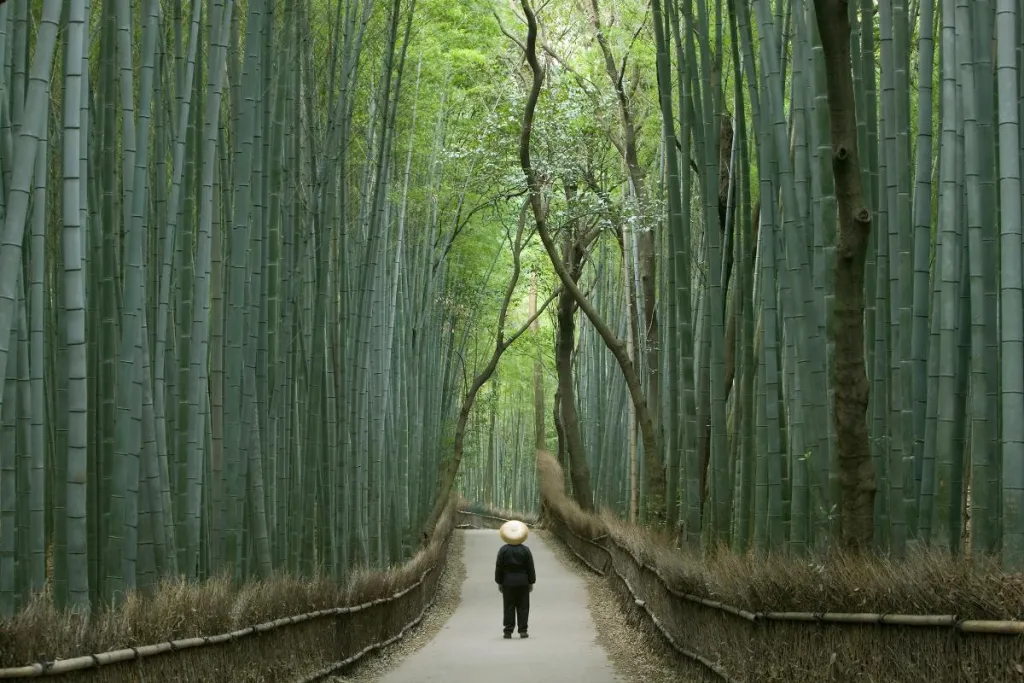
If you’re planning a trip to Japan in the next few years, there’s something new you’ll want to budget for. The Japanese government has announced plans to raise several travel-related fees. It includes airport departure tax, visa fees, and a new charge for pre-entry screening, with changes likely to start rolling out from fiscal year 2026.
While the news might sound a little discouraging for future visitors, the government says these revisions are long overdue and in line with what’s being charged internationally. Let’s take a closer look at what’s changing, why it’s happening, and what it means for travellers — including Muslim travellers who continue to see Japan becoming increasingly halal-friendly year after year.
Why Japan is raising travel fees
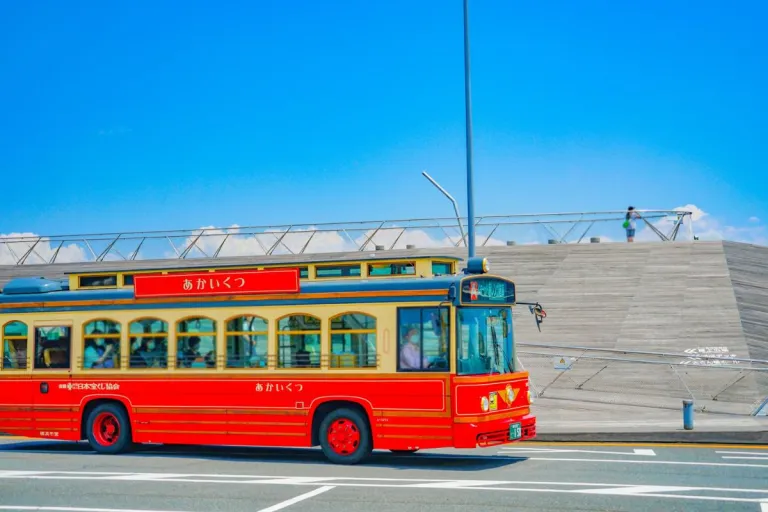
Japan currently has some of the lowest travel-related fees in the world, and officials argue that revising them is a necessary step to keep things sustainable. The additional funds are expected to go towards improving airport infrastructure, strengthening security screening. Also interestingly, helping to fund domestic education policies, such as the expansion of free high school tuition.
However, the government is treading carefully. Officials know that raising costs for Japanese citizens could be unpopular, so this plan primarily targets foreign travellers, who, as non-voters, are seen as a politically safer group to tax.
For Muslim travellers, these fee changes come at a time when Japan is steadily investing in becoming a more inclusive destination. From Tokyo and Osaka to smaller towns like Gifu and Kanazawa, halal-certified eateries, prayer spaces, and Muslim-friendly hotels have been growing rapidly. So even with slightly higher travel costs, the overall convenience and comfort for Muslim tourists continue to improve.
The departure tax, visa fees and a new entry screening system
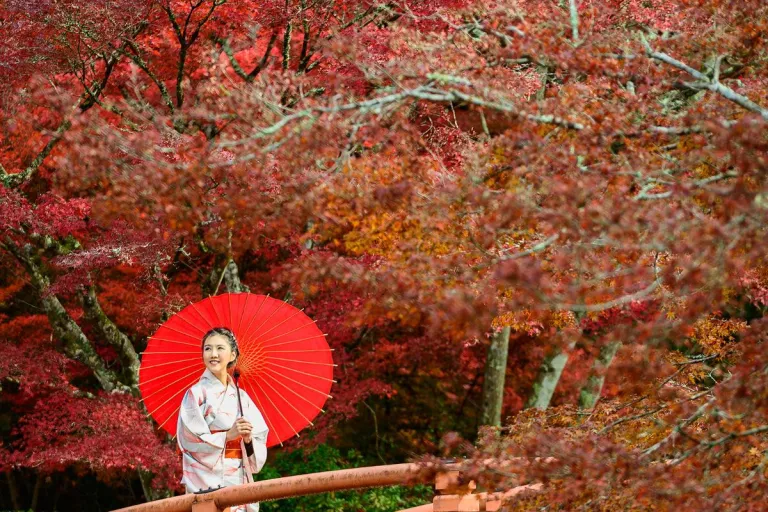
The Foreign and Justice ministries are now studying potential adjustments to align Japan’s fees with those charged by other major countries. For context, Japan’s visa fees haven’t changed since 1978. A single-entry visa currently costs about ¥3,000 (~S$25.66).
On top of that, Japan is set to introduce a new Japan Electronic System for Travel Authorisation (JESTA) in fiscal 2028. This system will require travellers from visa-waiver countries to complete pre-entry screening.
A fee will apply for this process as well, with Japan expected to model it on the U.S. system’s cost of US$40 (~S$51.90).
For Muslim visitors from Southeast Asia — particularly Malaysia, Indonesia, and Brunei — who already benefit from Japan’s existing visa exemptions or simplified procedures, it’s worth keeping an eye on how these changes could affect future entry requirements. Still, Japan’s consistent outreach to Muslim-majority nations and participation in halal tourism fairs suggest that accessibility for these travellers will likely remain a priority.
Could tax-free shopping also be affected?
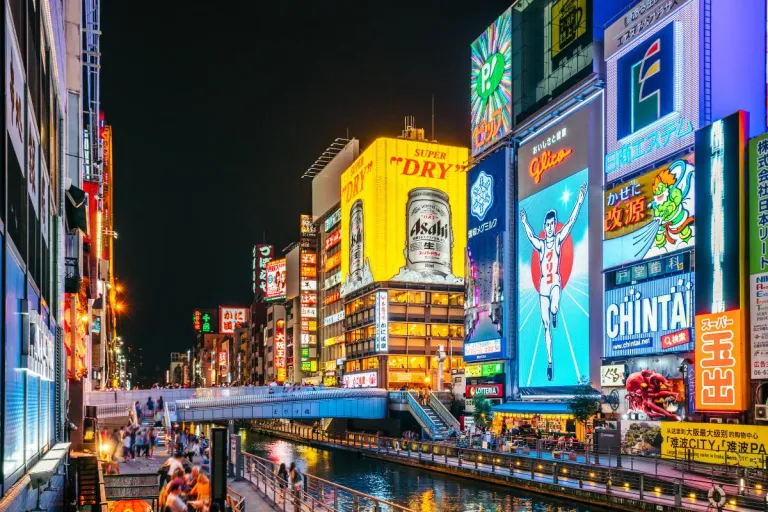
In addition to the fee increases, some within Japan’s ruling Liberal Democratic Party have floated the idea of abolishing tax-free shopping for foreign visitors.
Currently, overseas tourists can enjoy consumption tax exemptions on certain purchases, which has been a major draw for international shoppers in areas like Tokyo’s Ginza and Osaka’s Shinsaibashi.
However, officials appear divided on this issue, with some saying that “targeting easy sources of revenue” might not be the right approach, particularly if it risks discouraging tourism spending.
Muslim travellers, who often visit Japan for shopping sprees — from modest fashion and halal snacks to Japanese skincare and souvenirs — might feel the pinch if tax-free perks disappear. Still, the growing presence of Muslim-friendly stores and halal-certified food products, even in major shopping districts, ensures there’s plenty of value left for travellers seeking meaningful and inclusive experiences.
What Muslim travellers should expect
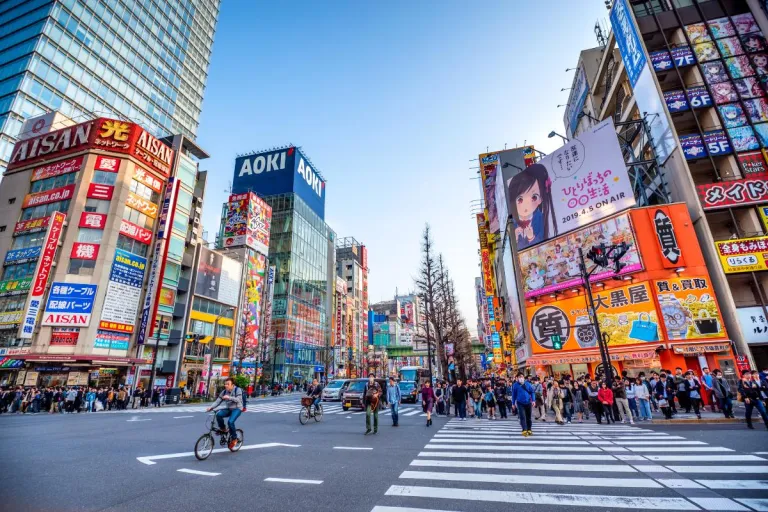
If you’re planning a trip to Japan in the next few years, the good news is that nothing changes immediately. These revisions are still under discussion, and most are targeted for fiscal 2026 and beyond.
Still, it’s worth noting that travel costs may gradually rise, especially for those applying for visas or visiting under the new JESTA system.
For Muslim travellers, this means factoring in small additional costs when planning future holidays — but thankfully, Japan’s infrastructure for halal travel continues to expand. Major airports like Narita, Kansai, and Haneda already feature dedicated prayer rooms and halal-certified dining options, making arrivals and departures more convenient for Muslim visitors than ever before.
Final thoughts
That said, Japan remains one of the most rewarding destinations in the world, offering an unmatched blend of tradition, modernity, and hospitality. A few thousand yen more in fees likely won’t change that, especially if those funds help make airports smoother, services better, and travel experiences more seamless in the long run.
For Muslim travellers, the steady rise in halal-certified restaurants, Muslim-friendly hotels, and welcoming local initiatives means that exploring Japan — from Kyoto’s tranquil temples to Hokkaido’s snow-covered landscapes — continues to feel more inclusive with each visit. A small increase in travel fees is a fair trade for a destination that keeps evolving to embrace all kinds of travellers.
Published at
About Author
Aimi Zulkiflee
Subscribe our Newsletter
Get our weekly tips and travel news!
Recommended Articles
Top Muslim-Friendly Things to Do at The Newest Antara Genting Highlands 10 Halal Anime Food Guide for Muslim Travellers in Japan Muslim-friendly versions of popular anime dishes across Japan!
10 Hidden Gems in Osaka Perfect For Muslim Travellers Food, culture, neon lights, history, friendly locals — OSAKA!
10 Muslim-Friendly Airbnbs in Sapporo, Japan 2025 Choose your mood for staycation now!
Beyond Sakura: 10 Muslim-Friendly Wisteria Spots in Japan 2025 Catch it between late April to Early May!
Latest Articles
KFC France Now Serving Halal Chicken: 24 Restaurants You Need to Know in 2026 KFC France announced that 24 of its 404 restaurants will serve certified halal chicken starting 21 Jan 2026..
Primark is Officially Coming to Dubai 2026: Opening Dates, Locations And Everything We Know 3 new stores in Dubai Mall, Mall of the Emirates and City Centre Mirdif
Muslim-Friendly Hotels in Singapore: Comfortable, Strategic, and Complete Facilities for Muslim Travelers Singapore offers many Muslim-friendly facilities, making it a comfortable destination for Muslim travelers from around the world
13 Best Hotels Near Bukit Jalil National Stadium for the Ultimate Concert Experience Planning a trip to Kuala Lumpur for your favorite idol's concert? Stay Here!
5D4N Muslim-Friendly Hong Kong & Macau Itinerary: A First-Timer’s Guide Here is a tried-and-tested 5 Days 4 Nights itinerary for your first Muslim-friendly trip!

